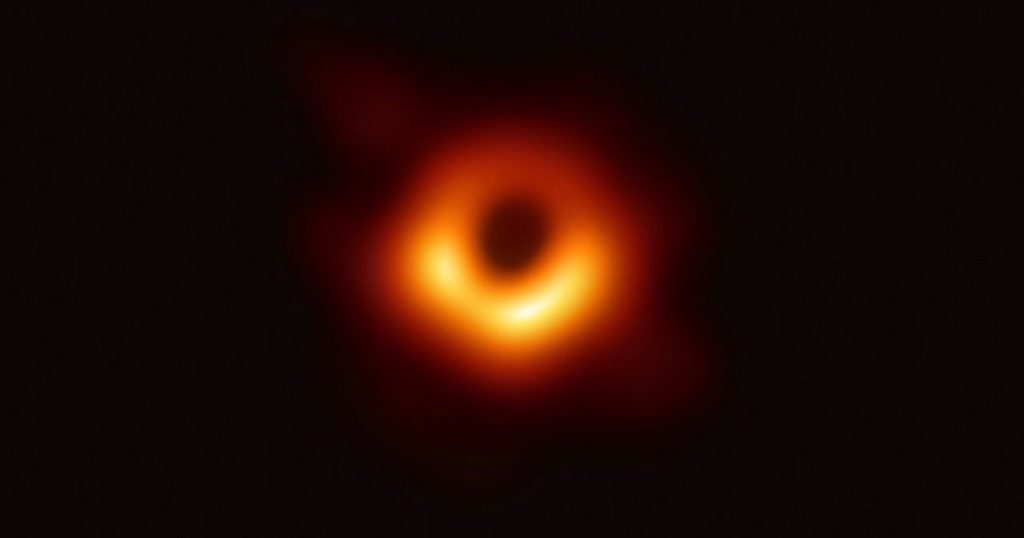 Physics, Earth & Space
Physics, Earth & Space
Is the Designer a Black Hole?

It seems that potential designers for life on Earth come in all forms. From Scientific American:
Did a Supermassive Black Hole Influence the Evolution of Life on Earth?
Would the resulting flares [from the black hole at the center of the Milky Way galaxy] have any implications for life on Earth?…[The] radiation emitted during… flares [from the black hole] has the capacity to evaporate the atmospheres of Mars or Earth if the solar system had only been ten times closer to the center of the Milky Way. But even at larger distances, the XUV radiation could suppress the growth of complex life, creating an effect similar to stepping on a lawn so frequently that you inhibit its growth.
The article, by Avi Loeb from the Astronomy Department at Harvard, suggests that the evolution of life on Earth may have been affected in important ways by a black hole called SgrA* that has been found at the center of the Milky Way. Loeb:
Traditionally, the Sun was thought to be the only astronomical source of light that affected life on Earth. But it is also possible that the black hole, SgrA* played an important role in shaping the history of terrestrial life. A surprising realization of this sort is similar to figuring out that a stranger might have impacted your family history before you were born. If a link between SgrA* and terrestrial life can be established, then this supermassive black hole might trigger a second Nobel Prize.
This is of course a fascinating hypothesis, and the discovery of this black hole was the basis for this year’s Nobel Prize in physics.
Another Nobel Prize?
The irony here is that while the discovery that a black hole may have influenced evolution of life on earth is indeed great science and may well serve as the basis for (another) Nobel Prize, the massive amount of evidence for an intelligent designer in life and in evolution is completely ignored.
Intelligent design deniers would argue that a black hole is a natural object, whereas an intelligent designer (if He happened to be God) is outside of the purview of science. But the parallels between an intelligent designer and a black hole as valid objects of scientific inquiry are quite close.
Both an intelligent designer (assuming we’re talking about God) and a black hole are supernatural, in the sense that they are not objects in the natural world. This may not surprise you about God, but it is also true of black holes. Black holes are singularities in Einstein’s equations of general relativity, which means that from the standpoint of physics they are undefined, just as the ratio of any number to zero in mathematics is undefined. So black holes are supernatural, and are not objects in nature. They have effects in nature, due to their enormous gravitational fields, but it is the effect, not the black hole itself, that is natural.
Exactly the same thing is true of a supernatural Designer, Who exerts effects on nature without Himself being an object in nature.
Inference to God
In our modern Alice-in-Wonderland atheist scientific community, inference to supernatural singularities as influencers of evolution of life on Earth is potential Nobel Prize-winning research, but inference to God as the intelligent designer — for which there is massively more evidence than that for the inference to effects from a black hole — is banned from polite scientific discourse, and simply stating this hypothesis can damage or end your scientific career.
Supernatural agents that exert natural effects are perfectly valid objects of scientific inquiry. The Big Bang itself, which was the beginning of our universe, was the effect of a primordial supernatural singularity. Black holes are supernatural, and their investigation is exciting and good science. The inference to design in life and in the universe is immeasurably more exciting, and, even more than the inference to black holes, is superb science.
